What's Going on with Home Insurance?
September 20, 2024
Why is Home Insurance Becoming Such a Big Deal?

Home insurance rates have surged in recent years, driven by a variety of factors that are creating significant affordability challenges for homeowners across the U.S.
In conclusion, climbing insurance premiums, driven by escalating climate risks and other factors, are placing significant strain on homeowners, renters, and housing markets, with affordability increasingly becoming a critical issue across the country. With massive impacts on not only buyers, but sellers, we feel that this will result in increased pressure on those looking to get into or out of the real estate market.
Key Reasons for Increasing Home Insurance Rates:
Natural Disasters and Climate Change: The increasing frequency and intensity of natural disasters, such as wildfires, hurricanes, and severe storms, are pushing insurance premiums higher. In 2022 alone, the U.S. experienced 28 natural disasters, each causing more than $1 billion in damage. Insurers are adjusting premiums to cover the higher risk of claims associated with these disasters.- Rising Rebuilding Costs: Inflation, rising home prices, and increased material and labor costs have significantly driven up the expense of repairing or rebuilding homes after a disaster. This has further raised the cost of insurance.
- Increased Litigation and Fraud: A rise in legal disputes and fraudulent claims has added to insurers’ costs, leading to further increases in premiums.
- Cost of Reinsurance: Reinsurance, which insurance companies use to manage their own risk, has also become more expensive due to catastrophic losses. These rising costs are passed down to consumers in the form of higher premiums.
Impact on Homeowners:
Between 2017 and 2022, homeowners' insurance premiums rose 40% faster than inflation. The national average now ranges from $1,750 to $2,500 annually, with some regions seeing rates as high as $6,000 per year, particularly in disaster-prone states like Florida and California. Many homeowners are finding it difficult to afford the higher premiums, with some choosing to forego insurance entirely. Approximately 12% of U.S. homeowners had no insurance in 2023, up from 5% in previous years. This exposes uninsured homeowners to extreme financial risk, especially in disaster-prone areas.Market Pressures:
Insurance companies are retreating from markets deemed too risky, notably in states like Florida and California, where major providers such as Farmers and State Farm have reduced their presence. In response, residents are turning to state-managed or residual insurance programs, which often provide more limited and expensive coverage. Regulatory efforts to limit price hikes are constrained, as insurers threaten to exit markets if they cannot charge rates sufficient to cover growing risks. As a result, insurers generally retain substantial pricing power.Broader Impact on Housing:
Rising insurance premiums are not only a burden on homeowners but also impact multifamily housing providers, particularly in affordable housing sectors. Increased costs have led to delays or reductions in investments in both new and existing affordable housing, further tightening an already limited housing market. In market-rate multifamily housing, higher premiums contribute to rising rents, exacerbating financial pressures for renters.In conclusion, climbing insurance premiums, driven by escalating climate risks and other factors, are placing significant strain on homeowners, renters, and housing markets, with affordability increasingly becoming a critical issue across the country. With massive impacts on not only buyers, but sellers, we feel that this will result in increased pressure on those looking to get into or out of the real estate market.





